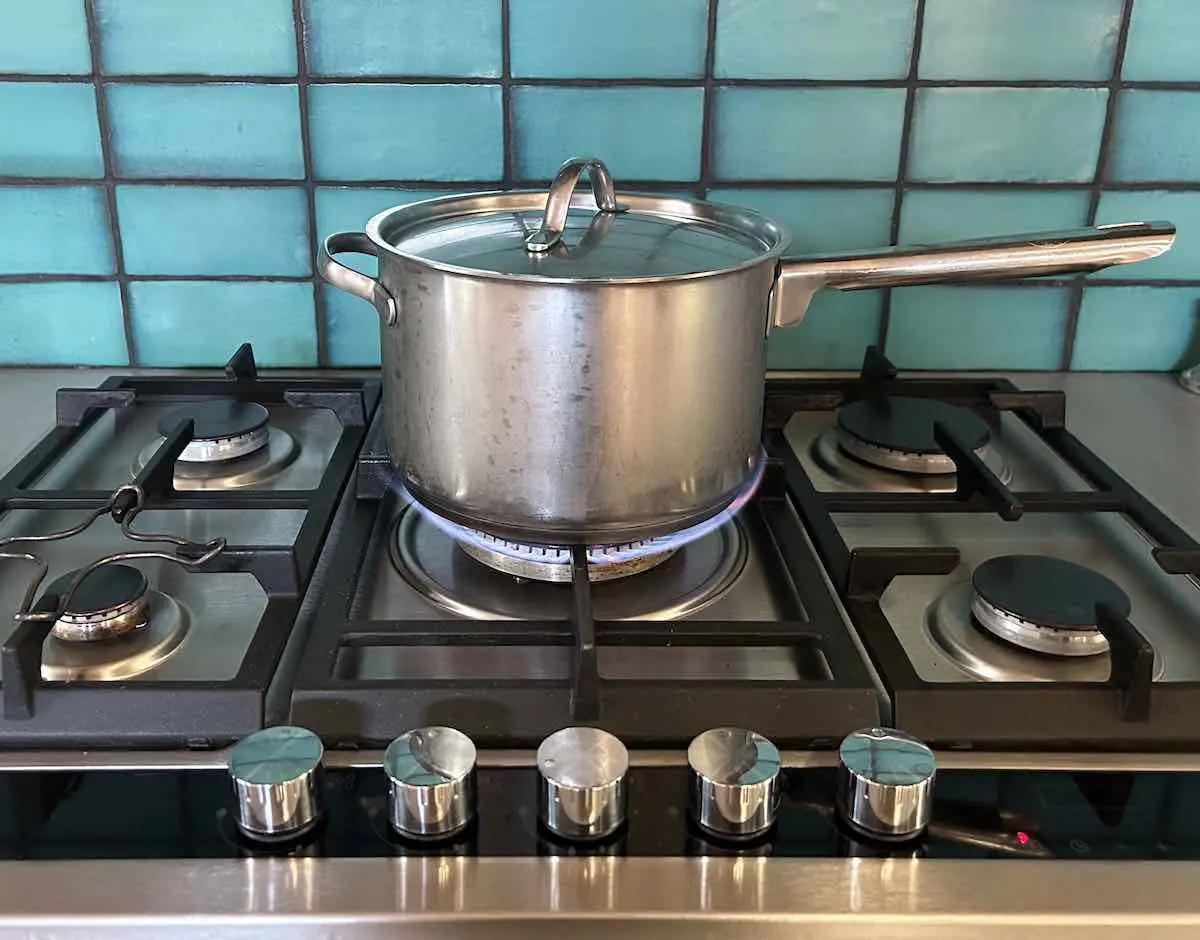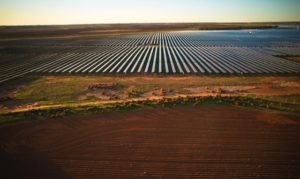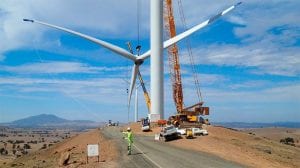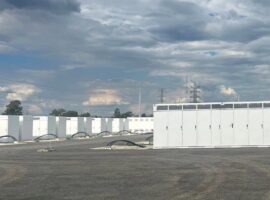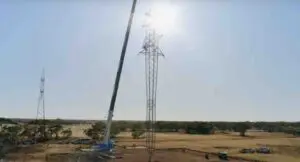Western Australia’s Economic Regulation Authority has proposed changes to the state’s consumer protection laws that would require gas companies to provide clear and accurate comparisons with electric appliances when they attempt to market their plans.
The draft decision was published this week in response to recommendations following a standard review of the Gas Marketing Code.
Its draft decision notes that when promoting gas plans, retailers make comparisons between the performance of gas and electric appliance that don’t necessarily apply.
“This comparative marketing may not be well understood by customers for several reasons, including that gas and electric appliances convert input energy to heat differently,” it says.
“Comparing energy and costs in terms of output heat is more useful because it gives a more realistic depiction of how efficient an appliance is and how much it is likely to cost to run it.”
The proposed changes would require retailers to provide clear and accurate information on cost effectiveness, energy efficiency, health, sustainability and greenhouse gas emissions and required plan information to be standardised so customers can make a proper, informed comparison.
Jay Gordon, a gas market analyst with IEEFA, says consumers are currently left comparing “apples and oranges” and that the proposed changes mark the first time a regulator has sought to address this “information asymmetry”.
“We know gas appliances can sometimes use five times the energy as an electric appliance,” Gordon said. “If you’re just looking at the unit price of gas or electricity, you’re not getting the full picture of what those fuels are going to cost you.”
Another example Gordon says are star-rating systems as gas-appliances are not included under the government-administered rating scheme but are retailed under a voluntary industry program.
“You can have a five-star gas heater that is more efficient than a three-star heater but that is nowhere near as efficient as an electric appliance like a split system,” he said.
As Australian governments increasingly push to electrify homes, he says these sorts of changes to standardise and ensure correct information will become increasingly important.
“Any time there is a government decision to support electrification in households particularly, we’ve seen it in states like Victoria and the ACT, both states have banned gas connections in new homes,” Gordon said.
“We tend to see industry come out and push back on the basis that it’s limiting consumer choice, but the reality is that assumes consumers have made an informed, clear choice to use the most expensive form of energy when in reality it’s not that simple.
“You have these extremely well-funded campaigns promoting gas as a fuel source and encouraging consumers to use gas in the home, but at the same time the industry has been clouding the real cost.”
The changes were generally opposed during consultation, with Wesfarmers Kleenheat, Alinta Energy, Synergy, suggesting there was no evidence to support the change.
They said the industry did not have the “specialised expertise necessary to reliably offer energy comparisons with electricity”, that it would be of little benefit to consumers or that it would increase “regulatory burdens and compliance costs”.
AGL was the only company to accept all recommendations.
Companies have until 20 January 2025 make submissions on the draft decision before the regulator issues its final advice.

